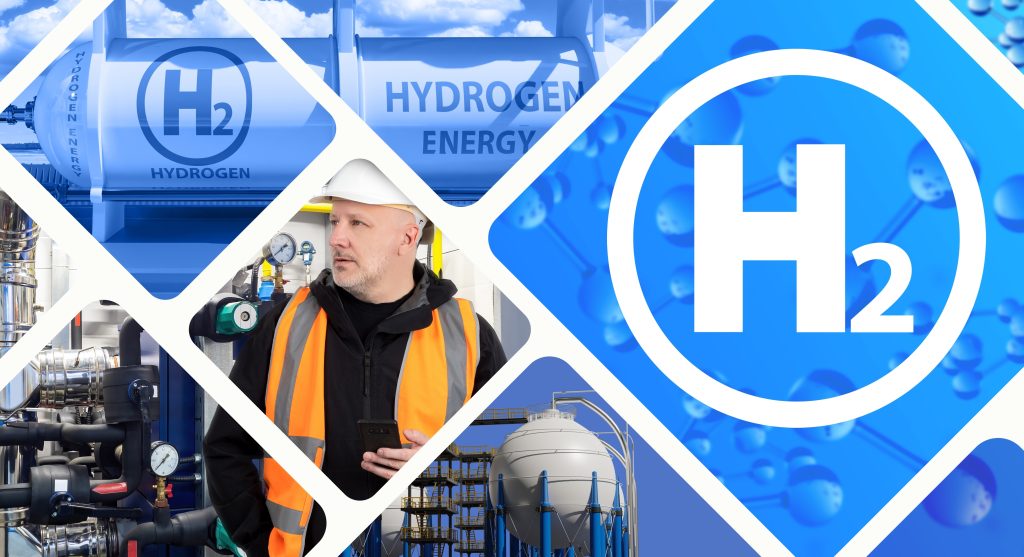Exclusive | Climate change: Saudi Aramco and Chinese partner soon to fire up hydrogen-conversion pilot plant, technology head says
Oil giant Saudi Aramco is collaborating with a Chinese partner to build a pilot plant in China to convert ammonia into hydrogen as part of its research into low-carbon energy to tackle climate change, according to its technology and innovation head.
Aramco, the world’s largest oil exporter and third most valuable company, plans to spend nearly US$500 million on sustainability-related research and development each year. This includes hydrogen and carbon capture and storage (CCS) projects that are crucial for industries lacking affordable and reliable renewable energy alternatives, such as steel, cement, aviation, and shipping.
Aramco is collaborating with Chinese company Since Gas on the pilot plant, which aims to demonstrate the feasibility of converting ammonia to hydrogen. The facility in Jiangmen, Guangdong province, will have a daily capacity of producing 200 kilograms of hydrogen and is expected to be completed soon.
The conversion process utilizes a catalyst developed in collaboration with King Abdullah University of Science and Technology in Saudi Arabia. While hydrogen produces no carbon emissions when burned, it is expensive to transport. Ammonia, on the other hand, can be a cost-effective carrier of hydrogen energy for long-distance transportation. However, technology for transforming ammonia back to hydrogen on a commercial scale is still under development.
Aramco’s efforts align with its goal to produce 11 million tonnes of blue ammonia from natural gas by 2030. The company aims to sell this low-carbon ammonia in Europe and Asia once environmental policies and incentives make it economically viable. Additionally, Aramco has signed an agreement with renewable energy technology firm Enowa to build a low-carbon synthetic fuel pilot plant that will use renewable hydrogen and captured carbon dioxide to produce synthetic methanol. The plant will then convert the methanol into low-carbon petrol using ExxonMobil’s technology, potentially reducing carbon emissions by over 70% compared to conventional fuels.
Saudi Aramco is committed to reducing the emissions intensity of its oil and gas production operations and achieving net-zero greenhouse gas emissions by 2050. The company also plans to invest in 12 gigawatts of solar and wind farms by 2035.
